
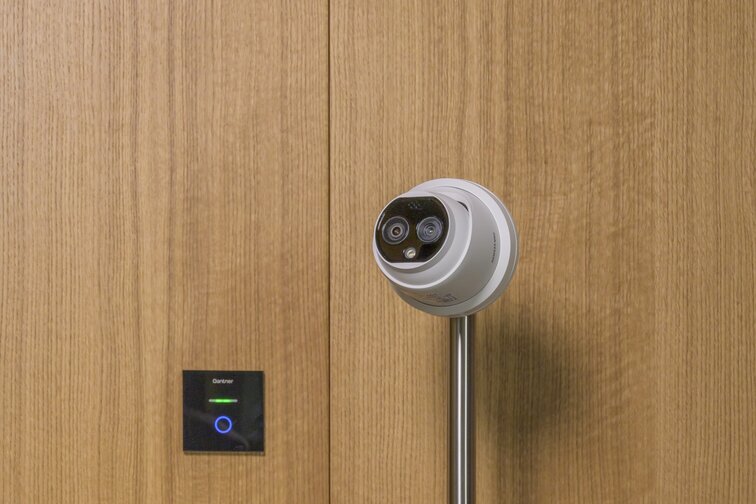
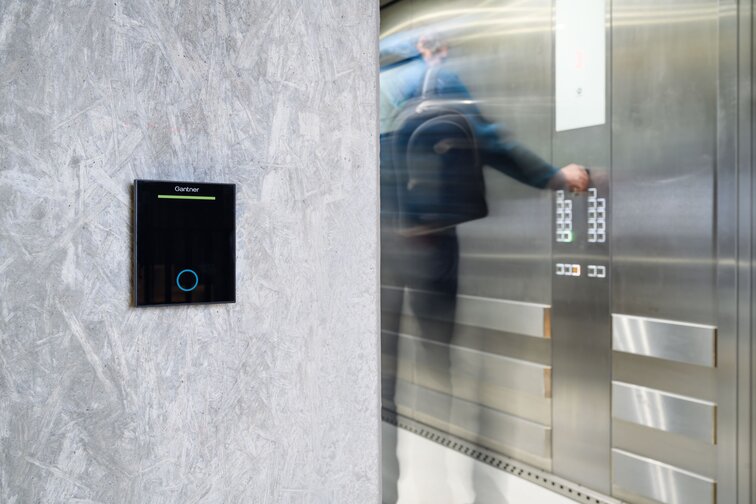
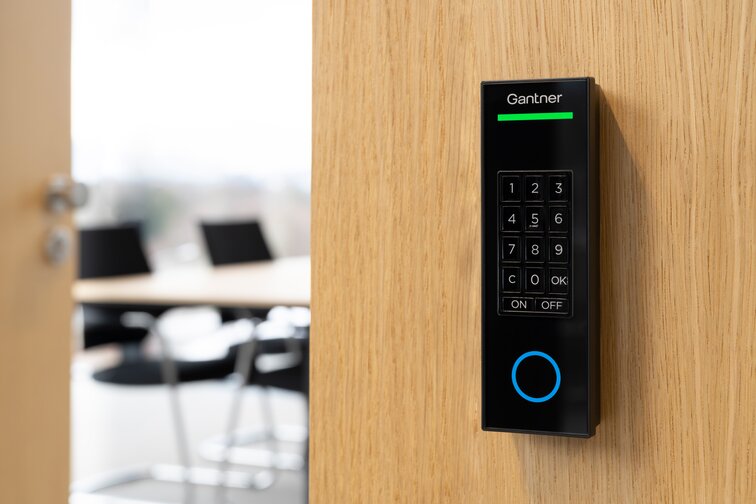
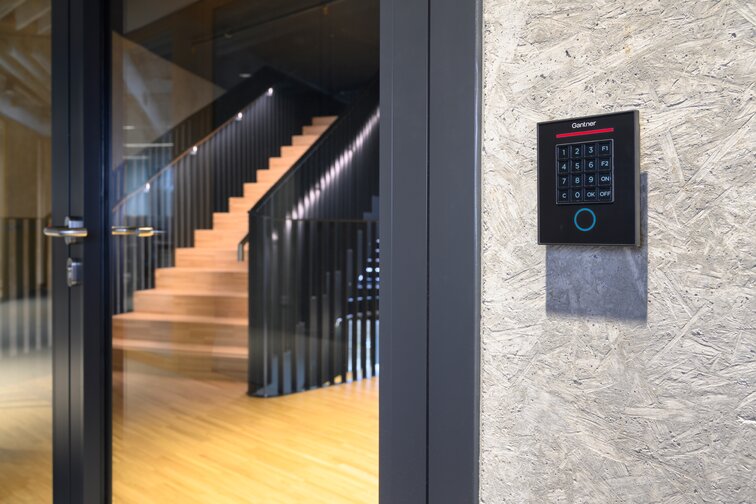
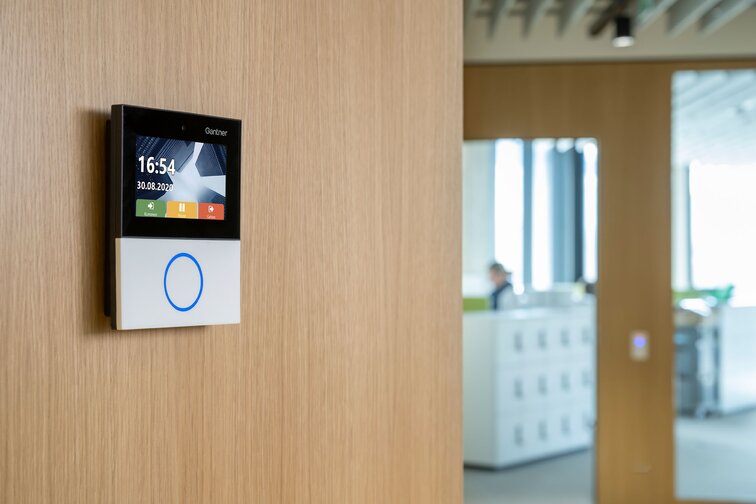
"The benefits of access controls for financial institutions and banks
The implementation of electronic access control systems in banks and public institutions by GANTNER offers a multitude of benefits. GANTNER's specialized solutions enable enhanced access control for financial institutions, significantly contributing to security. Electronic access control effectively prevents unauthorized access to sensitive areas, ensuring the protection of confidential information and assets.
By additionally employing technologies such as biometric authentication or access cards with special readers, only authorized employees have access to protected spaces. Discover how financial institutions and banks benefit from GANTNER's effective access control systems in protecting confidential data, customer funds, and critical infrastructures.
Key Benefits:
- Enhanced protection of customer information and assets
- Significant reduction in data loss, theft, or fraud
- More efficient workplace organization
- Individual assignment of access permissions and precise control
- Time-saving and reduced administrative burden
- Minimization of internal incidents (theft, fraud)
- Compliance with regulatory requirements
Overall, GANTNER's access control solutions in banks and other public institutions, such as government agencies, provide a combination of security and protection. They are essential for strengthening customer trust, maintaining the bank's reputation, and ensuring smooth operations.
Challenges for a Networked Access Solution
In a Gantner system, RFID employee badges ensure that every entry and exit is electronically recorded by the organization's central management software.
Creation of different security levels at a location by establishing employee-only areas requiring separate access rights or implementing access controls between employee and customer areas.
Ensure that all preconfigured workflows for door controls such as airlocks, anti-passback, or elevator areas are centrally managed and monitored in real-time.
Biometric readers at key access points provide an additional layer of security. They prevent unauthorized individuals from using someone else's ID and ensure that management always knows who is in which part of the building.
Integration and networking of access solutions across multiple locations for efficient access control management and administration.
Efficient and optimized building access control for efficiency and security.


Digital time recording for public institutions, banks, and government agencies.
Time recording plays an important role for public institutions, banks, and government agencies. It enables efficient management of working hours and resources, benefiting both employees and the institution itself. By implementing a time tracking system, banks and public institutions can accurately record working hours, manage vacation and sick leave, and track overtime. This ensures transparent and fair compensation for employees and supports compliance with legal regulations and labor policies. Additionally, time tracking allows employees to use the same card for access control as for clocking in and out at the time tracking terminal. Absences such as vacation days can also be easily entered at the terminal.
This integration streamlines employees' workday and ensures smooth handling of access control and time management. Time tracking enables better planning of personnel resources and optimization of workflows, leading to increased efficiency and productivity in banks, government agencies, and public institutions.
The implementation of a time tracking system in public institutions, banks, and government agencies offers several advantages:
- Efficient Resource Planning: Accurately capturing working hours allows public institutions to plan their resources more effectively. They can ensure that sufficient staff is available to meet work demands and avoid shortages or overloads.
- Transparency and Fairness: A time tracking system creates transparency in employees' working hours, ensuring fair compensation as hours are accurately recorded, and overtime or additional work is properly accounted for. This also strengthens employees' trust in the organization.
- Compliance with Regulations: Public institutions, banks, and government agencies are often subject to specific legal regulations regarding working hours and labor laws. A time tracking system supports compliance with these regulations and minimizes the risk of violations or legal consequences.
- More Accurate Project and Cost Control: When projects or tasks are time-bound, time tracking allows for precise monitoring of time spent and associated costs. This facilitates budgeting, resource planning, and project performance evaluation.
- Vacation and Absence Management: Time tracking simplifies the management of employees' vacation and absence times, providing a clear overview of available vacation days, planned absences, and facilitating workforce planning.
Overall, electronic time tracking in banks, government agencies, and public institutions contributes to improved resource planning, transparency, compliance with regulations, and increased efficiency. It enables precise management of working hours and contributes to streamlining processes and employee satisfaction.





